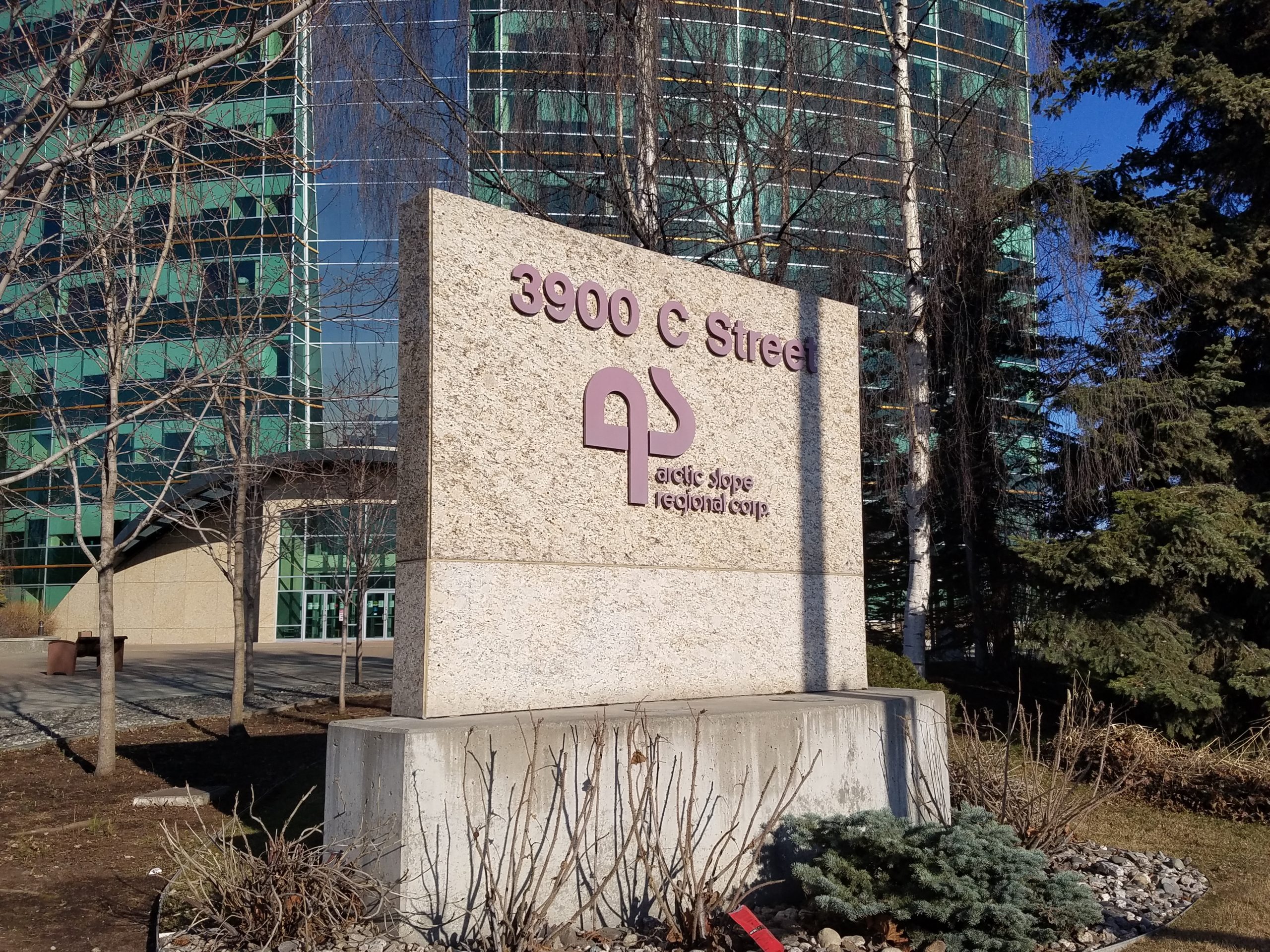Alaska Native corporations can receive pandemic response aid intended for tribes, court rules
The new ruling reverses an April decision, temporarily barring the corporations from receiving tribal relief funds under the CARES Act.

Alaska Native corporations are entitled to part of the money that the federal government has designated to help Native tribes address the coronavirus pandemic, a U.S. District Court judge ruled on Friday.
In his decision, which reversed a preliminary ruling issued in April, Judge Amit Mehta said that the for-profit corporations qualify as entities able to use some of the $8 billion in assistance money that Congress had designated for tribes under the Coronavirus Aid, Relief, and Economic Security (CARES) Act. The corporations are not tribal governments, he said, but they have public-service functions that qualify them for tribal aid in this particular case, Mehta found.
“It stands to reason that Congress, in its effort to distribute emergency funds quickly to Indians under the CARES Act, intended to get those dollars in the hands of the same entities that deliver public services to Indians. In the lower 48 states, those entities are largely Tribal governments in the traditional sense, but in Alaska, those entities include Alaska Native village and regional corporations,” Mehta’s ruling said. “In the end, the question before the court is whether ANCs are ‘Tribal governments’ for the limited purpose of delivering public services to combat the COVID-19 pandemic. For all the foregoing reasons, they are.”
Mehta’s ruling was accompanied by an order that ended his April 27 injunction barring funds transfers to the corporations. The Department of the Treasury, which began making payments to tribes in May, is now free to disburse the CARES Act tribal assistance to Alaska Native corporations as it had originally planned, according to the order.
The ruling is a setback to tribal plaintiffs like the Navajo Nation, which has been heavily hit by COVID-19. The plaintiff tribes had sued to prevent Treasury from sending any of this assistance money to Alaska Native corporations. The plaintiffs argued that the corporations, as businesses, had other opportunities for pandemic aid and that their use of tribal aid would dilute the amount of aid available for needy tribal governments. Some Alaska Native tribal governments were among the plaintiffs; those included the Arctic Village Council, the Native Village of Venetie Tribal Government, the Aleut Community of St. Paul Island and others.
At the heart of the dispute is the function of Alaska Native corporations, which were established by the Alaska Native Claims Settlement Act of 1971 and are uniquely Alaska institution. They own land and mineral rights and operate business enterprises around the world. Their ranks include some of the biggest Alaska-based companies, both in terms of revenue and private-sector employment.
The corporations are entirely separate from Alaska’s more than 200 federally recognized tribal governments. But in this case, their supporters argued, the corporations have some special duties and functions that establish them as tribal partners.
Among the supporters is the Alaska Federation of Natives, the state’s largest Native organization. In a statement, AFN praised the ruling.
“Alaska has a unique history of tribal self-governance and Native self-determination,” said AFN President Julie Kitka, said in the statement. “Our people have never understood these concepts to be mutually exclusive. Alaska Natives are pleased Judge Mehta reached the same conclusion, particularly during the COVID-19 global health pandemic.”
AFN had formally weighed in on behalf of the corporations in an amicus brief filed on June 4. In that brief, AFN described “a history of Alaska Native self-governing efforts that drastically differs from most of the American Indian experience in the Lower 48.” The result, the amicus brief said, is “is a complex web that spreads responsibilities for the welfare of Alaska Natives over multiple Native entities, including ANCs, rather than concentrating those responsibilities solely in Sovereign Tribes.”
Denial of CARES Act tribal funding to Native corporations “would knock one more leg out from under the table of an Alaskan tribal ecosystem that is so different from that in the Lower 48 States and that depends entirely on close coordination of work among the ANCs, the 12 Native Regional Consortia, and the Sovereign Tribes,” the June 4 brief said.
In a statement, Kim Reitmeier, executive director of the ANCSA Regional Association, welcomed the ruling affirming the “right to receive much-needed funding” from the CARES Act. “This disaster assistance will provide immediate support to Alaska’s rural communities suffering from COVID-19 and help repair the economic damage caused by the pandemic,” Reitmeier said in the statement. “In addition to granting the funding, the Court’s decision also reaffirms our status as ‘Indians’ under the Indian Self Determination and Education Assistance Act, and as defined by the Alaska Native Claims Settlement Act that was signed into law nearly 50 years ago. Alaska Native Corporations are proud of the cultural and tribal identities that define us, and we work tirelessly to support tens of thousands of Alaska Natives every day.”
Also praising the ruling was Alaska’s three-member Republican Congressional delegation. In a statement, the delegation said the intent when the CARES Act was passed was that Alaska Native corporations would be included as recipients for tribal aid.
But Mike Williams Sr., chief of the Akiak Native Community, one of the Alaska tribal plaintiffs, used Facebook to post a terse criticism of Mehta’s ruling.
“He did not stick to the principles. 180 Degree turn. Terrible,” Williams’ post said.
(This story was updated with the addition of comments from Kim Reitmeier of the ANCSA Regional Association.)